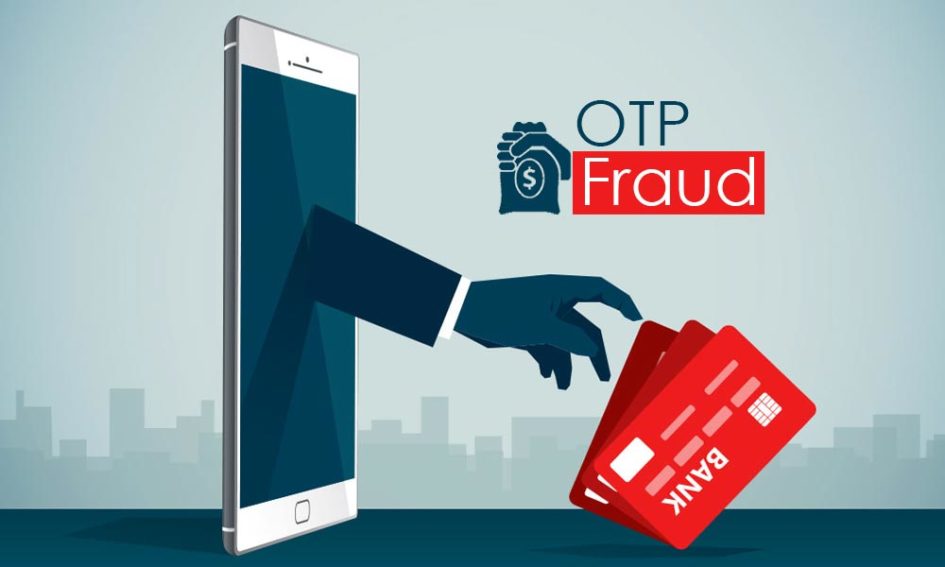
Technological advances are often expected to benefit everyone. However, it appears that only fraudsters are becoming smarter, leaving common consumers an easy prey. Take for example, the new fraud taking place where fraudsters are obtaining mobile numbers that are mostly similar to toll-free number, mostly that of a bank.
In a warning to its customers, Bank of Baroda calls this type of cheating as social engineering fraud. Explaining the modus operandi, the bank says, “Fraudsters obtain mobile numbers similar to toll free numbers of financial institutions and save the number on apps such as TrueCaller with the name of the institution. For example: 800-123-1234 is a number taken by the fraudsters in lieu of 1800-123-1234, which is a toll-free number. They can call or ask you to dial into this number and ask for your personal and account information.” “Before dialling please ensure number starts with 1 (for domestic calls) and is indeed a toll-free number. Bank will never call customers from these toll-free numbers,” the bank says.
We at Moneylife also find sometimes, these fraudsters post their own mobile numbers as the customer care number of a bank or financial institute. However, since we know the actual numbers of banks and financial institutes, our webmaster removes such messages posted as comment. Further, every time we warn readers not to share any personal detail like email ID and mobile number on any public platform where it can be misused by someone. The point is, the warning issued by Bank of Baroda is quite serious. This also raises several questions on know-your-customer (KYC) that is being or not being followed by telecom operators. As we know, all telecom companies sell not just SIM cards but earn more money by labelling some numbers as premium or fancy or lucky number, with 0 as last few digits or a sequence ending with numbers such as 1122 or 6633 and so on.
For example, Vodafone Idea sells new mobile numbers that have the last three digits as 0 at Rs1250, for 0 as the last two digits it charges Rs500 as premium. When last checked, the telco was selling a number with last four digits as 0088, 5558, 5550 and 3300 at Rs500 premium.
Although not all numbers sold by telecom companies are ‘premium’ per se, but they still attract a hefty price. Fancy or lucky number can be anything starting from the date of birth or anniversary date or any specific date that holds special significance in the customer’s life. However, there is the other category of buyers who want specific numbers only, for example a number matching with the toll free number of an entity, preferably a bank. Bank of Baroda’s toll-free number for domestic customers is 1800-102-4455. In this case, the fraudster would try and buy a number starting with 800 and ending with 4455. Usually, most customers will not notice a change in three digits in the middle and would end up calling the fraudsters thinking that it is the bank’s number. Just like Bank of Baroda, no other bank or bank official calls any customer, especially to know their personal details. The basic reason is that the customer would have given all the details while opening her account and it would be already in the records of the bank. So why would the bank ask for the same information, which is already on their records and that too on a phone call? “Bank staff will never ask for confidential information like card verification value (CVV), personal identification number (PIN), one time passcode (OTP) or debit card details. Such details are asked by fraudsters only. Never share any such confidential information with anyone,” Bank of Baroda says.
Fraudsters, on the other hand will seek information like full name or name on the card, expiry date of the card, ATM PIN, secure password and even net banking ID and password besides some personal information like date of birth. To sum it up, there is no easy solution to save customers from this type of fraud. What one, however, can do is, visit the website of your bank or any other service provider and store their customer care numbers in your contact list. Avoid responding to unknown numbers and last but most important, never share your personal details on phone with anyone. This may save you and your hard-earned money from falling in to the hands of the fraudsters.
courtesy Moneylife

Leave a Reply